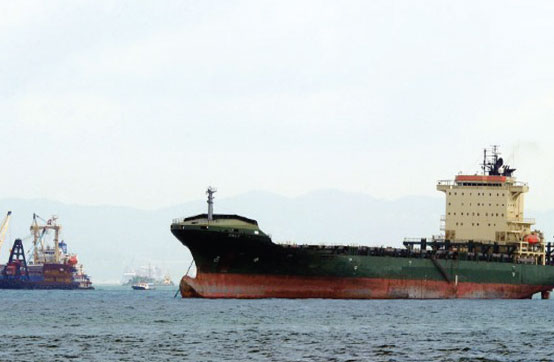Online exporters battling to keep market in Britain
Updated: 2016-07-15 08:26
By Chai Hua in Shenzhen(HK Edition)
|
|||||||||
Currency risk, UK taxes biting into traders' revenue, profit margins
With the global and regional economic climate mired in uncertainties following Britain's surprise vote to quit the European Union (EU), the Chinese mainland's e-commerce export goods traders are considering shifting their strategy accordingly and reinforcing their core competitiveness in the UK market.
Brexit has led to currency fluctuations that will have the most direct impact on export traders, rendering Chinese export products less competitive, says Zhang Zhouping, senior analyst at Zhejiang province-based 100ec.cn - an e-commerce research body.
The pound had depreciated by as much as 14 percent from almost $1.5 per US dollar on the day of the crucial British referendum on the EU on June 23 to as low as $1.28 on July 6, before rallying to $1.32 on Thursday as Britain's new Prime Minister Theresa May took office and the British central bank decided to leave interest rates unchanged.
Zhang said mainland exporters are still reeling from Brexit as the pound's depreciation against the renminbi is trimming their revenue and souring profit.

According to data from 100ec.cn, the EU economies contributed 4.49 trillion yuan ($671.3 billion), or 17 percent of the total mainland online export volume, last year while the US and the UK were the top two importing countries.
The currency risk is not the only challenge - exporters are also plagued by the headaches of VAT (value-added tax) in the UK.
VAT is a popular way of implementing a consumption tax in Europe. In the UK, the standard VAT rate stands at 20 percent, but some mainland online retailers are excluding it from their prices to gain an edge.
For exporters to the UK and the EU, the withdrawal of the UK's EU membership means there's something more than a new "UK" VAT account to register, potentially spelling more trouble ahead.
The UK is tightening its supervision over the VAT of online cross-border commerce. Some online retailers in Shenzhen said they have already been notified by Amazon UK that they must provide a VAT account or else their shops would be forced to close.
The net profit of most mainland e-commerce traders is about 20 to 30 percent, according to Demon Wang, partner of Hofan Group - a mainland export e-commerce firm.
"(The inclusion of VAT) is a heavy blow to our price advantages and sales volume", he said. In recent years, the number of Chinese mainland online exporters has been surging in the UK, accounting for up to 90 percent of the top 1,000 traders on Amazon UK.
Wang operates several such online shops, mostly selling automobile accessories, household appliances and other smart products.
He's also worried that tighter supervision in the UK will increase logistics costs. Most logistics service providers, he said, used to include customs clearance and tax claims in their price packages, but 95 percent of these companies don't offer VAT payment service so retailers need to find new eligible partners under the new policy.
He warned that many small and medium-sized e-exporters will be knocked out due to the Brexit impact and tighter VAT supervision, while their larger peers also need to adjust their business strategy in the UK and the EU.
The industry insider plans to raise prices of new products and revamp production lines to curbs costs, with plans to reduce the number of popular products from five to two and provide new after-sales services to boost competitiveness.
"High-tech, innovative and smart hardware production from China is gaining popularity in the UK, so we will expand investment in these areas," Wang said.
Yu Le, general manager of Shenzhen Starpost Supply Chain Management Co - an international logistics service provider - said he's worried that other European countries will follow the UK's footstep in tightening up VAT supervision, but he believes those that survive will benefit from Brexit in the long term.
Yu said prices are no longer the core of e-commerce trading competition, adding that mainland e-exporters have shifted their focus to product quality and differentiation.
He said many traders are now in line to discuss with them how to apply for VAT accounts.
However, Yu said he expects the UK to stimulate its economy after leaving the EU, such as by lowering its VAT rate.
grace@chinadailyhk.com
|
Tighter regulation on value-added tax in the UK may help increase Chinese exporters' cost of business and sour their profit. But improvement of product quality and differentiation are said to help exporters survive the battle. Asia News Photo |
(HK Edition 07/15/2016 page9)
